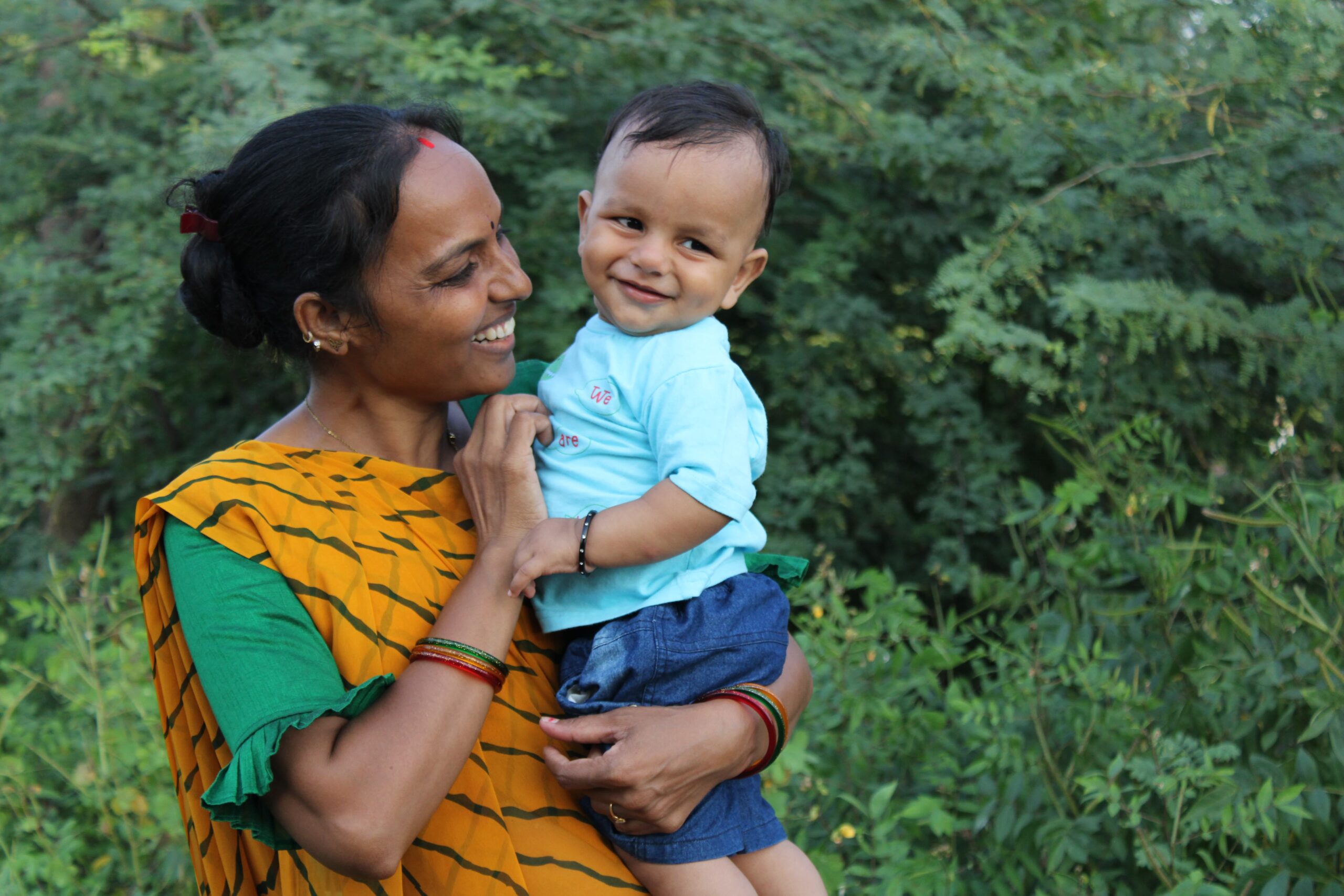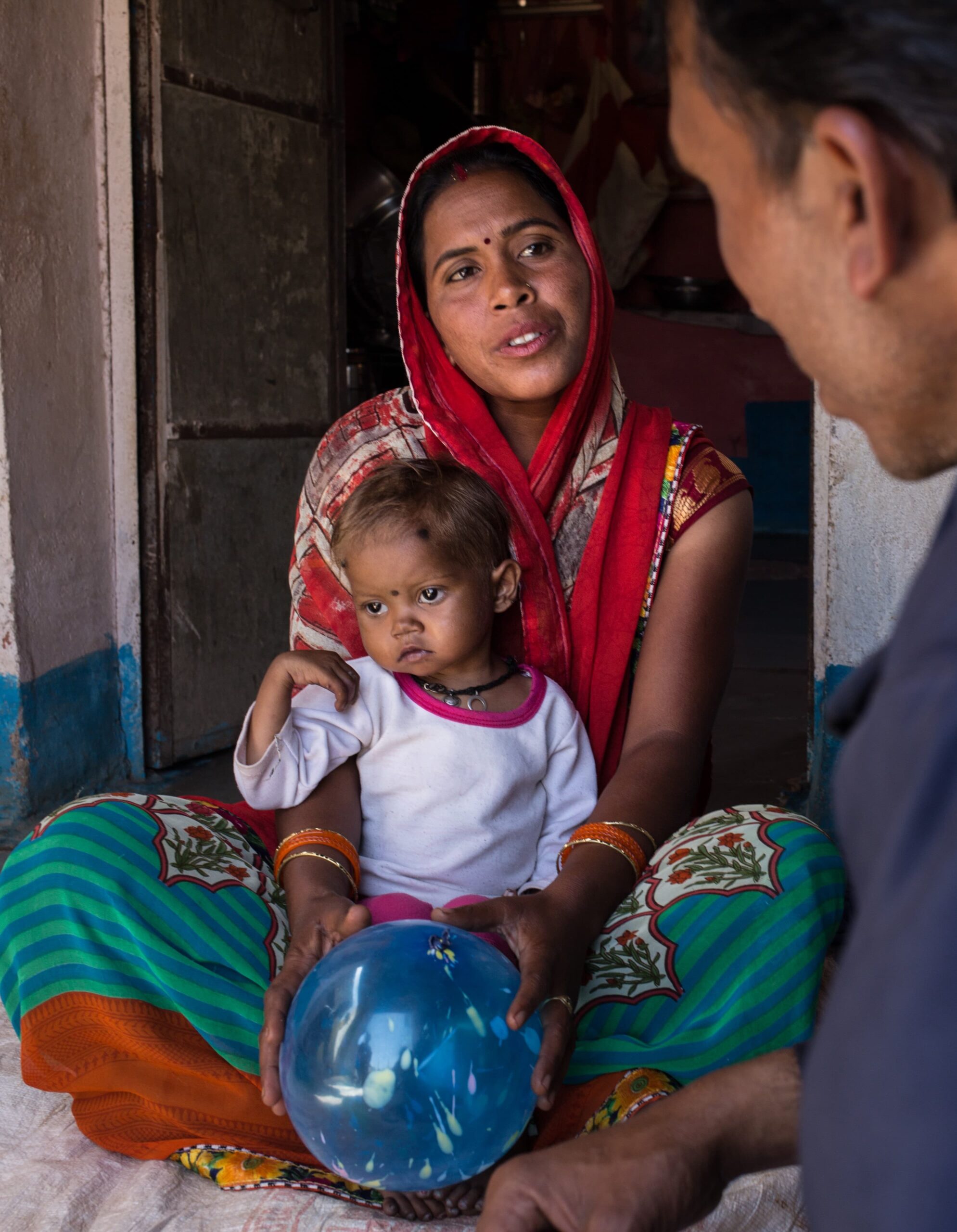Planting vegetable gardens in dharni
A key element of defeating malnutrition in children is ensuring wholesome nutrition during their formative years. A well-rounded diet introduced gradually post the child turning 6 months, lays a solid foundation for them to grow up healthy and strong.
Fresh and locally available vegetables are staples of all healthy diets, but can be hard to come by in the regions where we work given their remoteness and water availability. In such a scenario, planting and promoting backyard vegetable gardens, serves as a cost effective way of achieving long term nutrition security. Such gardens not only ensure an easily accessible source of good nutrition for families, but also provide them an extra source of income making it self-sustainable.
Vegetable or Kitchen gardens have been a mainstay of our initiative to tackle malnutrition in Dharni, Maharashtra since the project began in 2018. We work with malnutrition affected families and help them plough, plant, and maintain such gardens by proving equipment, seeds and all the necessary knowledge to do so.
To join us in this endeavour, a team of eight from NAOS Middle East visited Dharni to plant vegetable gardens and help families become nutritionally self-sufficient. Over a period of 3 days, team NAOS learnt the science behind structuring a plot, digging soil beds, choosing the vegetables depending on the time of the year and watering patterns, and applied them first hand in the backyards of three families.
Divided into groups, the team measured, marked and dug up patches of land to plant and grow multiple vegetables. Together, we sowed tomatoes, chillies, bottle gourds, okra (lady finger), cluster beans and eggplant to name a few. The mid-June period presents a good window of sowing given the imminent rains. With 3 more kitchen gardens in place, in addition to the 60, we planted last year, we look forward in hope for families in Dharni to have year full of good health ahead!
Funded by NAOS, the Dharni project aims to bring down malnutrition in children and mothers by focusing on long term behavior change. We work in 39 villages of Dharni on Nutrition, Water Sanitation and Hygiene (WASH) and Food Security and Livelihood (FSL) in tandem with the local and state Government.


JOIN THE FIGHT AGAINST HUNGER
Sign up to our newsletter and learn more about our programs, impact, field stories, innovation, jobs and much more.

